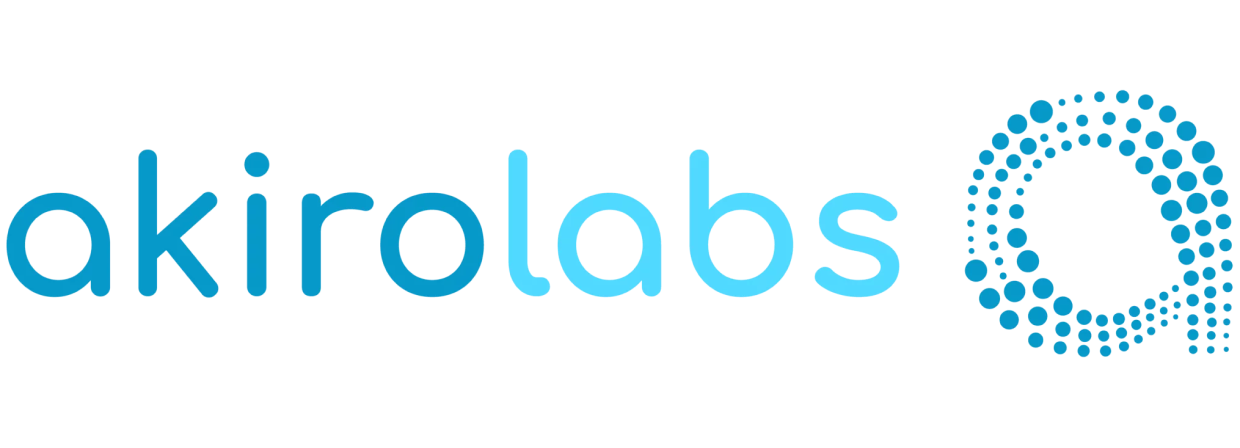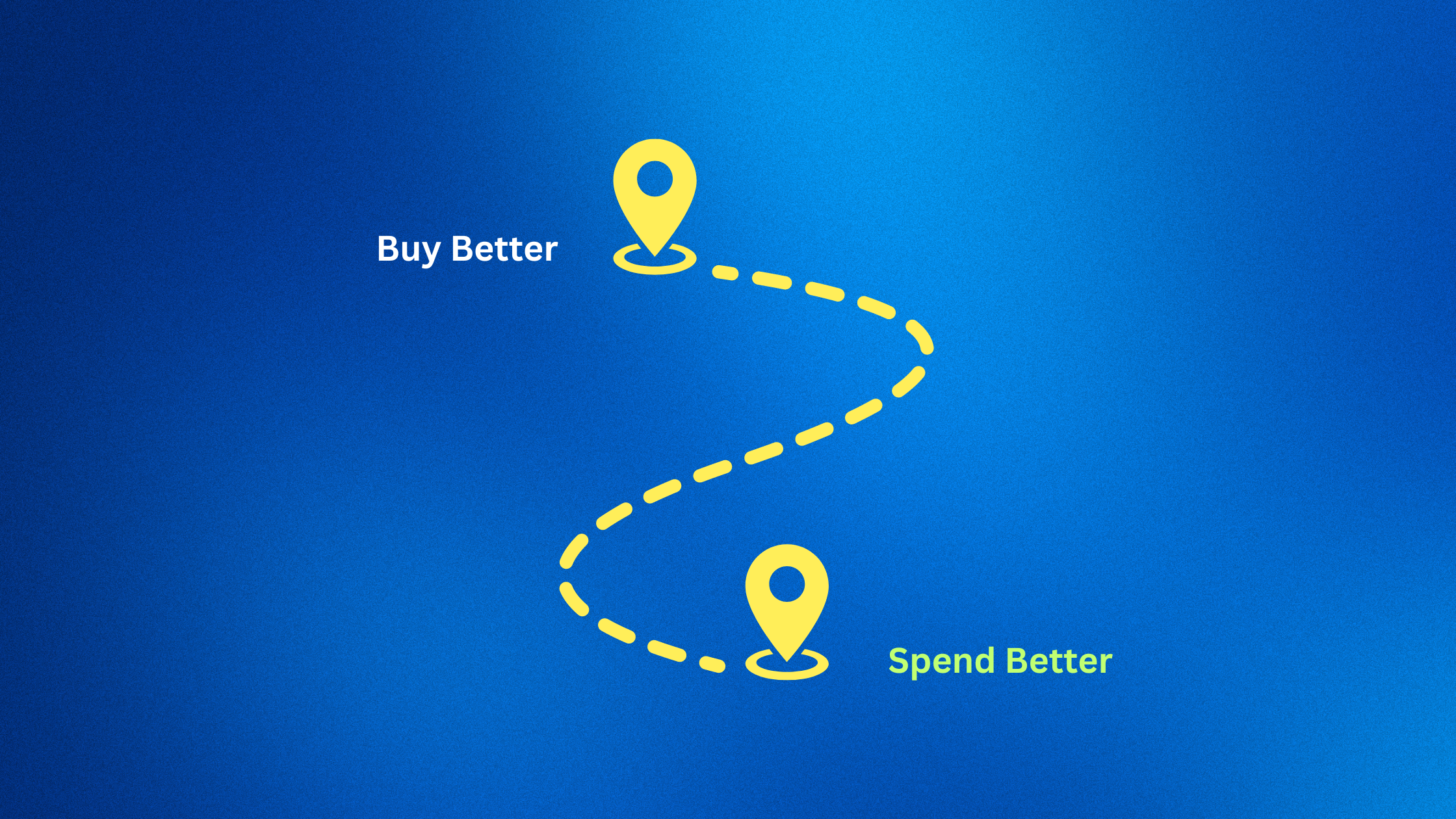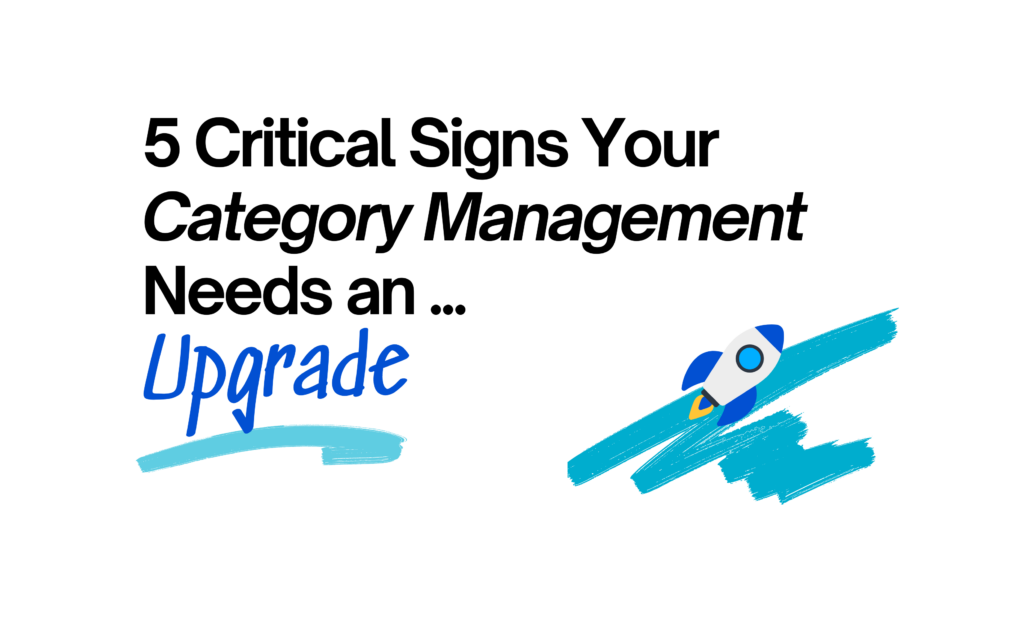
34% of Procurement Leaders stated Supplier Collaboration & Innovation will be their number one priority in the upcoming year closely followed by AI-driven Procurement & Digital category management transformation with 29%.
As businesses seek to build more resilient supply chains as preventative force to increasingly shifting environment, fostering strategic partnerships with suppliers has become a top priority. Companies recognize that innovation is progressively coming from outside their walls, making supplier relationships more critical than ever. On the other hand, the rise of artificial intelligence (AI) and digital tools is transforming how procurement operates, offering new ways to analyze data, streamline processes, and make more strategic decisions. Yet, integrating these technologies remains a key challenge.
Procurement leaders need to adapt quickly to these tools to remain competitive and align their strategies with broader business goals. Bernard Garcia, founder of EIPM, emphasized, “[We are moving] from a linear world to the VUCA world, where it’s not just about purchasing a category but also about developing the business”. “In this evolution, we need what I call global dynamic strategic frameworks. We need artificial intelligence and scenario-based simulations to develop strategies that incorporate decarbonization, local content, or other key priorities for the business.”
How can procurement leaders master this balancing act between building deep supplier relationships and adopting cutting-edge AI solutions? This balance is crucial, as leveraging external innovation while optimizing internal processes will define those who thrive in a rapidly changing landscape. It requires a shift in mindset to navigate increasing complexities and unlock the full potential of a collaborative, tech-enabled procurement strategy.
Unlocking the Future of Procurement: Insights from the akirolabs Webinar
On October 1st, akirolabs hosted a webinar that highlighted the transformative potential of category management in today’s dynamic business landscape. Procurement experts Kai Weber, Chief Procurement Officer at Actega, and Bernard Garcia, founder of EIPM, led a masterclass on shifting from a focus on cost-cutting to creating long-term value. They shared their experiences and frameworks for advancing procurement maturity, offering a clear roadmap for procurement professionals looking to elevate their category management strategy through advanced tools and a shift in mindset.
“From ‘Buy Better’ to ‘Spend Better'”: A Paradigm Shift
The webinar kicked off with a bold statement from Kai Weber: “Focusing on price is no longer enough.” In a world where procurement category strategy has traditionally centered on price negotiations and cost savings, Weber challenged this mindset, presenting two distinct, but interconnected worlds: the “Buy Better” and the “Spend Better” world.
In the “Buy Better” world, category management is primarily focused on cost reduction, negotiating prices, and managing supplier relationships. “It’s a reactive function,” Weber explained, “where procurement is (…) making sure production gets what it needs at the right time, the right quality, and the right price”. But this approach, though crucial, is not enough to address the complexities of today’s markets. Read more about – 5 Critical Signs Your Category Management Needs an Upgrade
Weber emphasized the need for a shift towards the “Spend Better” world, where category strategy development is about creating value through sustainability, innovation, and strategic category management. This new approach requires procurement leaders to focus on long-term business goals rather than short-term savings. Weber added “It’s about being proactive”, understanding the business needs, and using tools like category strategy software to develop solutions that go beyond cost-cutting.
Beyond Cost: Creating Business Value
What does it mean to create value in procurement? For both Weber and Garcia, the answer lies in aligning category management strategy with the broader business objectives. This involves moving away from a singular focus on savings to embrace a more holistic approach that considers innovation, sustainability, and supplier collaboration. “To give you an example, yesterday we talked about designing to target costs, but today we talk about designing to reduce carbon emissions. This is a huge shift!”, Gracia stated.
He added an academic perspective, reminding participants that the shift from a cost-focused to a value-focused approach is not new but has become more urgent in today’s competitive environment.
“(…) yesterday, some companies were already working on procurement strategy, as I mentioned, but they were the minority. Today and tomorrow, more companies are embracing these strategies it’s becoming the majority approach.” Gracia further explains, Yesterday, category management in procurement was all about transactions and cost. Today, it’s about managing relationships, understanding market needs, and integrating sustainability into the procurement category management strategy, requiring a mind- and skill set shift.
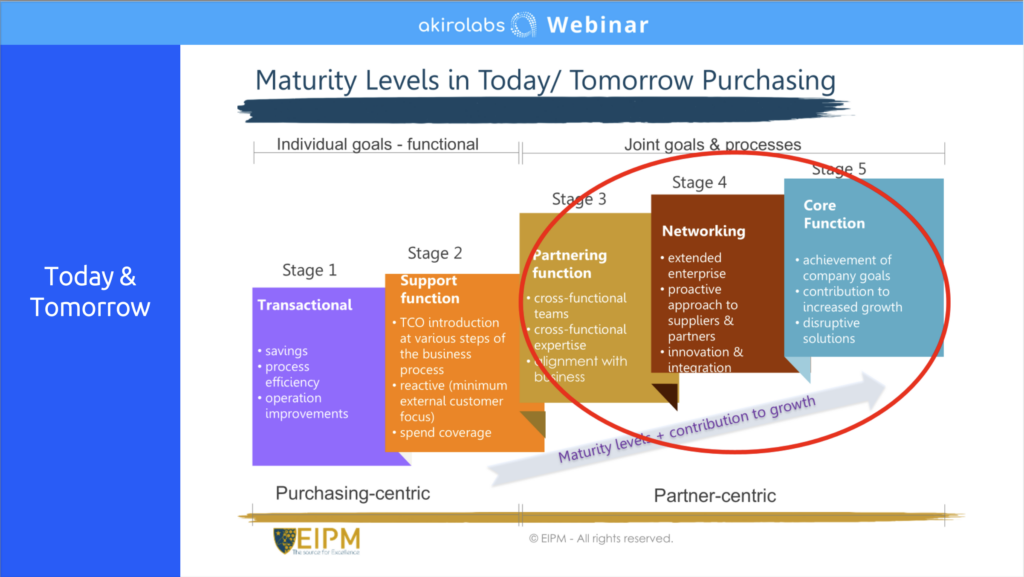
Weber shared Actega’s journey in this regard, that their vision for procurement in five years is to have generated millions in top-line growth—not just through savings, but by leveraging category management strategy best practices to innovate and protect revenue. He highlighted how category management transformation and planning has evolved their procurement department into a strategic function that plays a crucial role in the company’s success.
“With akirolabs, we break down the strategy process into analyze, strategize, and realize phases. In our akirolabs tool, we facilitate this process step by step. (…) collect all the business requirements, (…)
then discuss these insights with a cross-functional team (…) and conduct scenario modeling to differentiate needs and determine what the business truly requires.”
akirolabs: The Tool for Strategic Category Management
One of the standout moments of the webinar was Kai Weber’s insights on how he leverages akirolabs’ digital category management platform for their category management transformation. This disruptive solution streamlines the category strategy development process, allowing companies to analyze data more effectively, collaborate with stakeholders, and achieve their strategic goals. Weber highlighted how the platform’s emphasis on facilitating cross-functional collaboration is crucial for maximizing the effectiveness of category strategy software, making it an invaluable resource for modern procurement teams.
“Collaboration is key here, and [the] tool facilitates this by allowing different stakeholders to be invited into the tool to collaborate seamlessly”.”With akirolabs, you have the flexibility to decide how much you want to use its internal collaboration tool,” Weber said. He emphasized that this kind of category management software makes true collaborative category management possible, even across global teams, ensuring alignment with overall business objectives. “This alignment also builds trust,” he added.
Weber also highlighted additional benefits of the platform from Actega’s perspective, emphasizing its centralized approach: “It’s all done on one platform, so all strategies are transparent and centrally located.” He praised akirolabs’ customer support as well, noting their commitment to training and ongoing assistance: “They provide training and are quick to respond to questions,” which makes the onboarding process smooth and efficient for users.
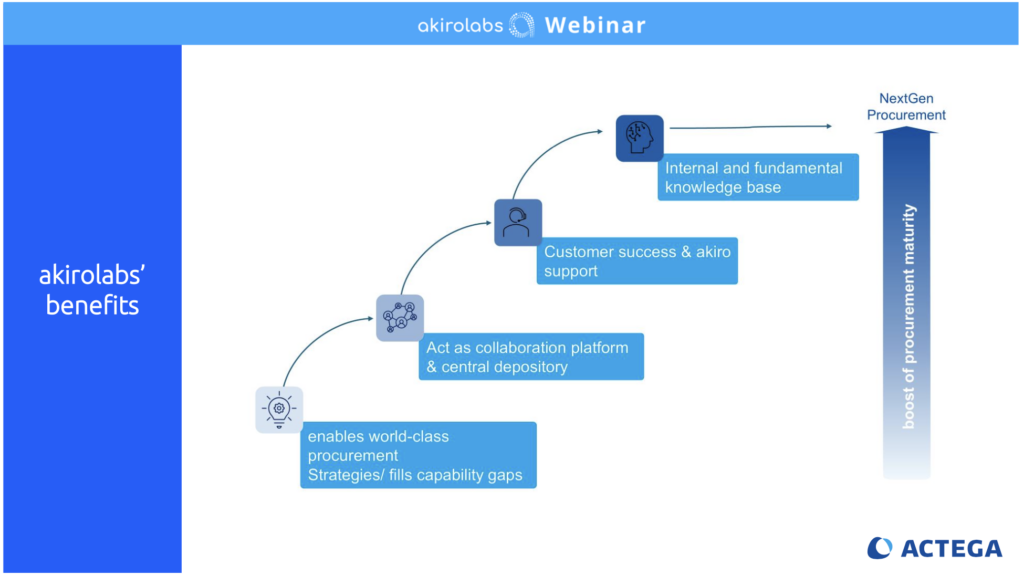
Yet, Weber was candid about the challenges of implementing such a disruptive solution: “I thought everyone would embrace the category management solutions right away, but it takes time. Change management is key, and it requires patience and persistence to make tools like these a part of the daily workflow.”, highlighting the importance of long-term commitment in driving strategic change and following up by expressing his clear satisfaction with the outcome.
The Importance of Human Relationships in the AI Era
Despite the focus on technology, both speakers underscored the irreplaceable role of human relationships in strategic category management. “[The] tool helps define the strategy by identifying suitable suppliers through simulations. But it won’t build relationships for you—that’s where soft skills come in.”, Garcia remarked. He stressed the need for soft skills such as communication and humility, which are crucial when managing complex supplier networks.
Weber expanded on this, emphasizing the need to address the emotional side of category management transformation and change management: “You need to understand the emotions and anxieties that people might have. It’s important to create an environment where people feel safe to express their concerns—a place of vulnerability where they can speak openly. This emotional support is crucial for successful transformation.” This is especially important when introducing new category management tools and AI for procurement, as employees need to see how these innovations can benefit their daily roles.
A Roadmap for the Future of Procurement
As the webinar drew to a close, Weber and Garcia reflected on the future of category management and AI in procurement. The messaging from academia and Industry was clear and ones stated by the famous quote from Peter Drucker: “The greatest danger in times of turbulence is not the turbulence—it is to act with yesterday’s logic.” highlighting the need for a continuous category management plan that adapts to market changes.
Garcia provided a broader perspective, noting that while the focus on category strategy software is essential, companies must also look at the bigger picture. He explains, that it’s not just about having the right category management software solutions; it’s about fostering a culture that values innovation and collaboration. He urged procurement leaders to think of themselves as entrepreneurs, capable of driving change and creating value for their organizations.
Key Takeaways and Next Steps
The webinar offered a clear message: category management in procurement is evolving, and those who embrace the changes will be better positioned for long-term success. Here are some of the key takeaways:
- Assess Procurement Maturity: Evaluate current processes and identify where your organization stands on the procurement maturity scale. Challenge the status quo to uncover opportunities for growth and improvement. Use the Procurement Maturity Guide to gain clarity on your organization’s current standing
- Adopt a Proactive Approach: Shift from a reactive, cost-focused mindset to a proactive one that emphasizes category strategy development and strategic category management.
- Leverage Technology: Utilize tools like category management software and AI for procurement to streamline processes, analyze data, and enhance strategic decision-making.
- Focus on Value Creation: Move beyond savings to create value through innovation, sustainability, and collaborative category management. Tools like akirolabs’ category management platform can help to align strategies with business objectives.
- Invest in Change Management: Implementing new category management solutions requires patience and a focus on change management. Ensure that your team is equipped and supported throughout the transition.
- Prioritize Human Relationships: While AI in procurement can enhance efficiency, the human element remains crucial. Build strong relationships with suppliers and internal stakeholders to ensure long-term success.
Are You Ready to Transform Your Procurement Strategy?
The future of category management is not just about tools and technologies; it’s about redefining the role of procurement within the business. akirolabs is at the forefront of this transformation, offering a disruptive solution to navigate the complexities of category planning and category management best practices. Are you ready to elevate your procurement category strategy and join the revolution in strategic category management?
With the right mindset, the right tools, and a commitment to continuous improvement, procurement leaders can turn challenges into opportunities. akirolabs has provided the roadmap—now it’s time to take the journey. Dive into the world of category strategy software, explore the potential of Gen AI in procurement, and make category management solutions a cornerstone of your strategic approach. The time to act is now.

Find the recording here
If you’re interested in learning more about akirolabs and how our solution can benefit your organization, book a short introduction call with us today!
